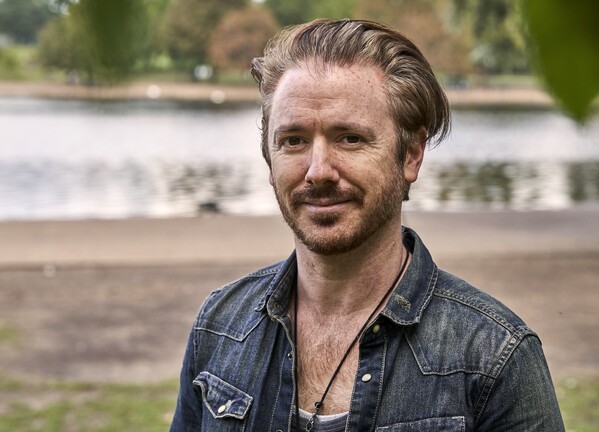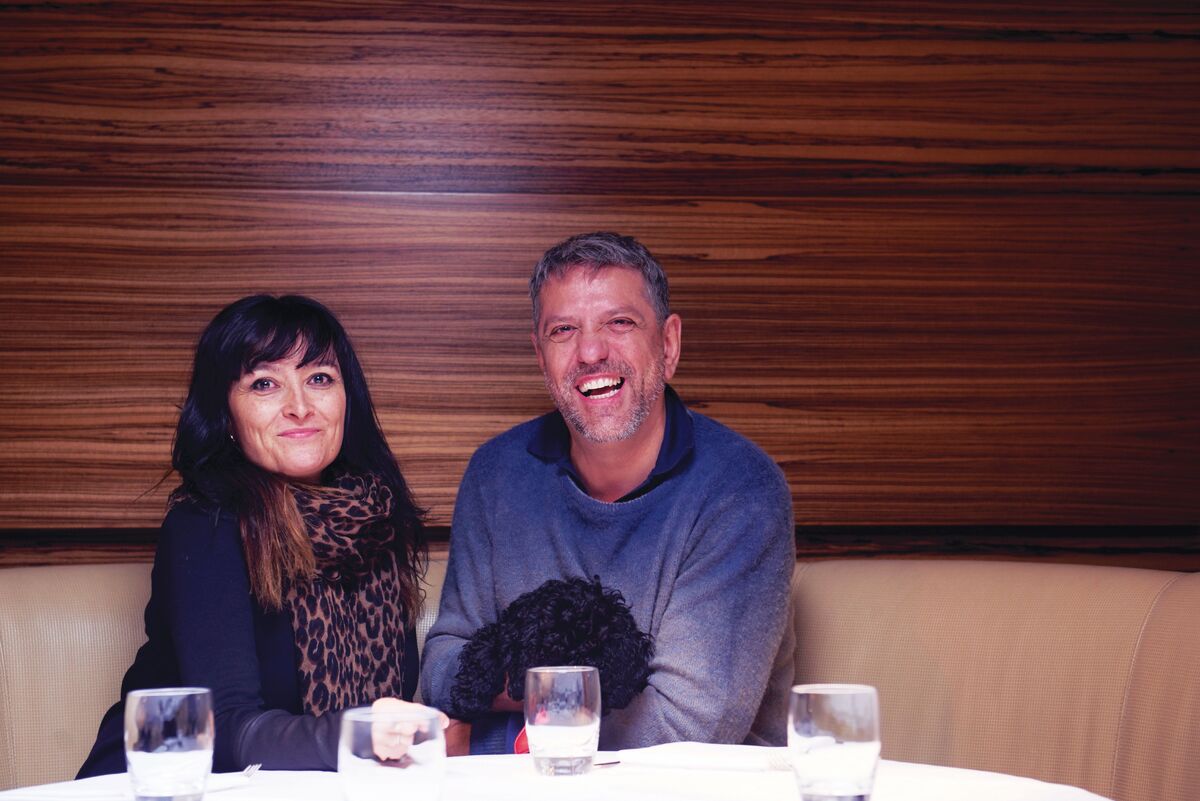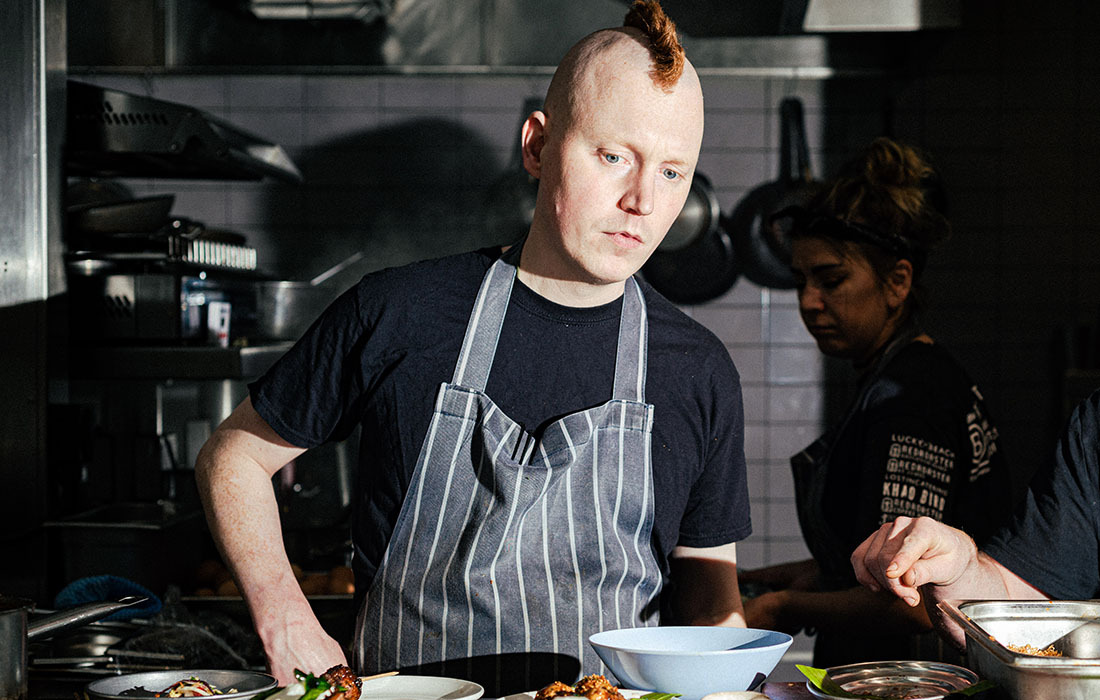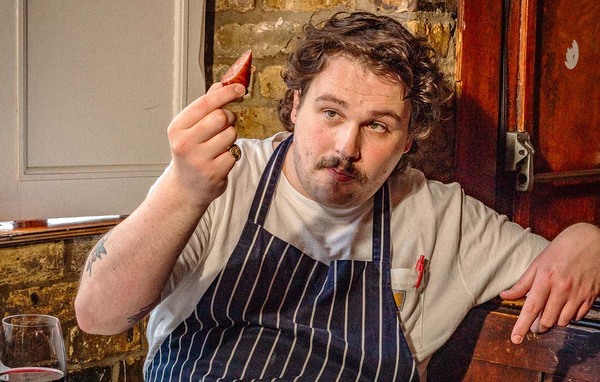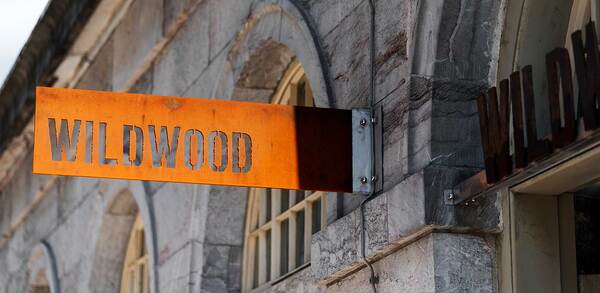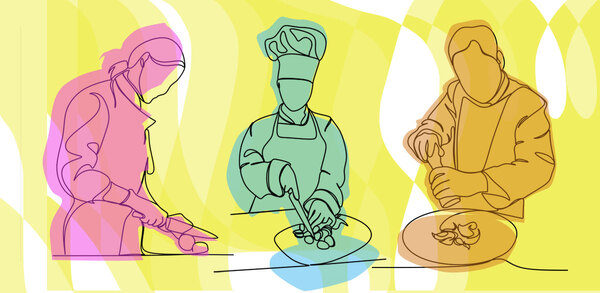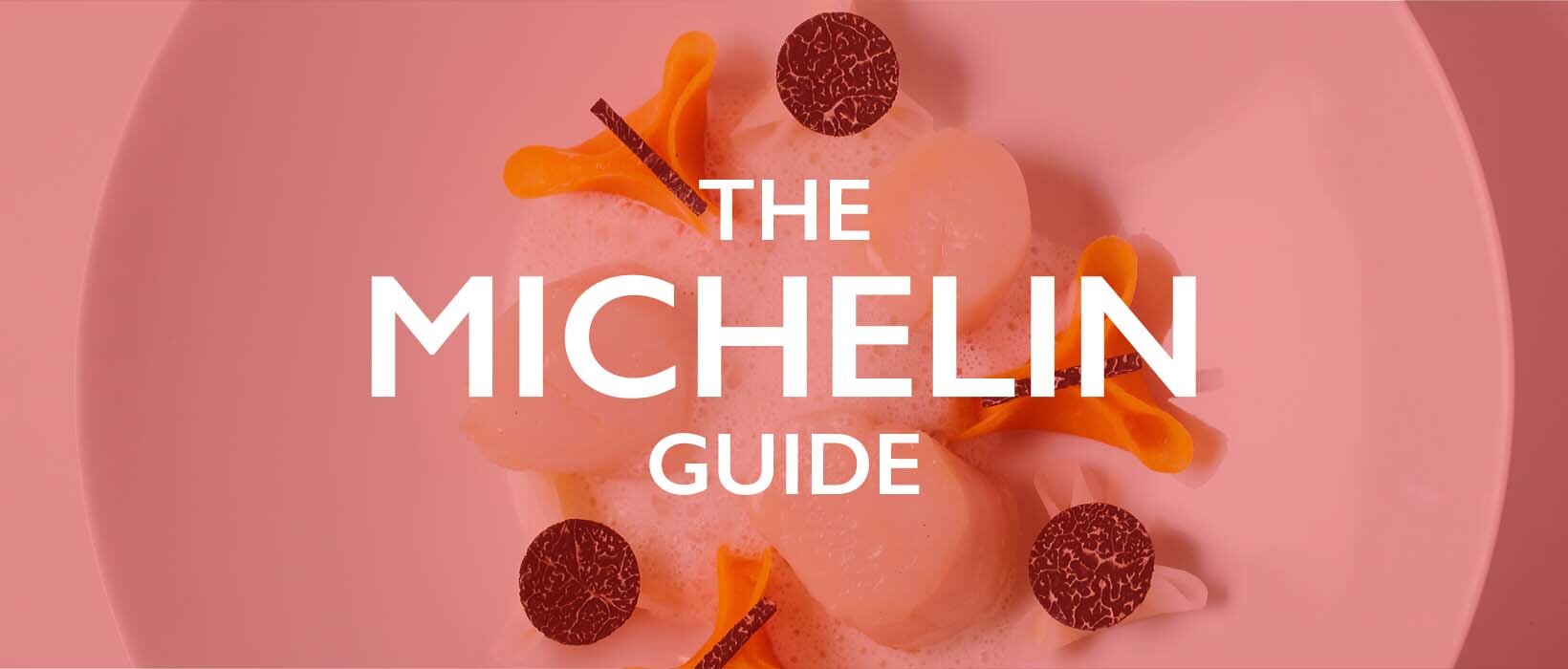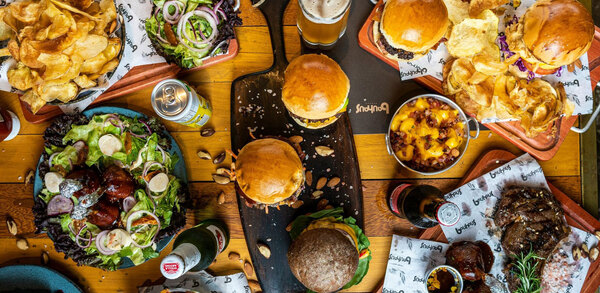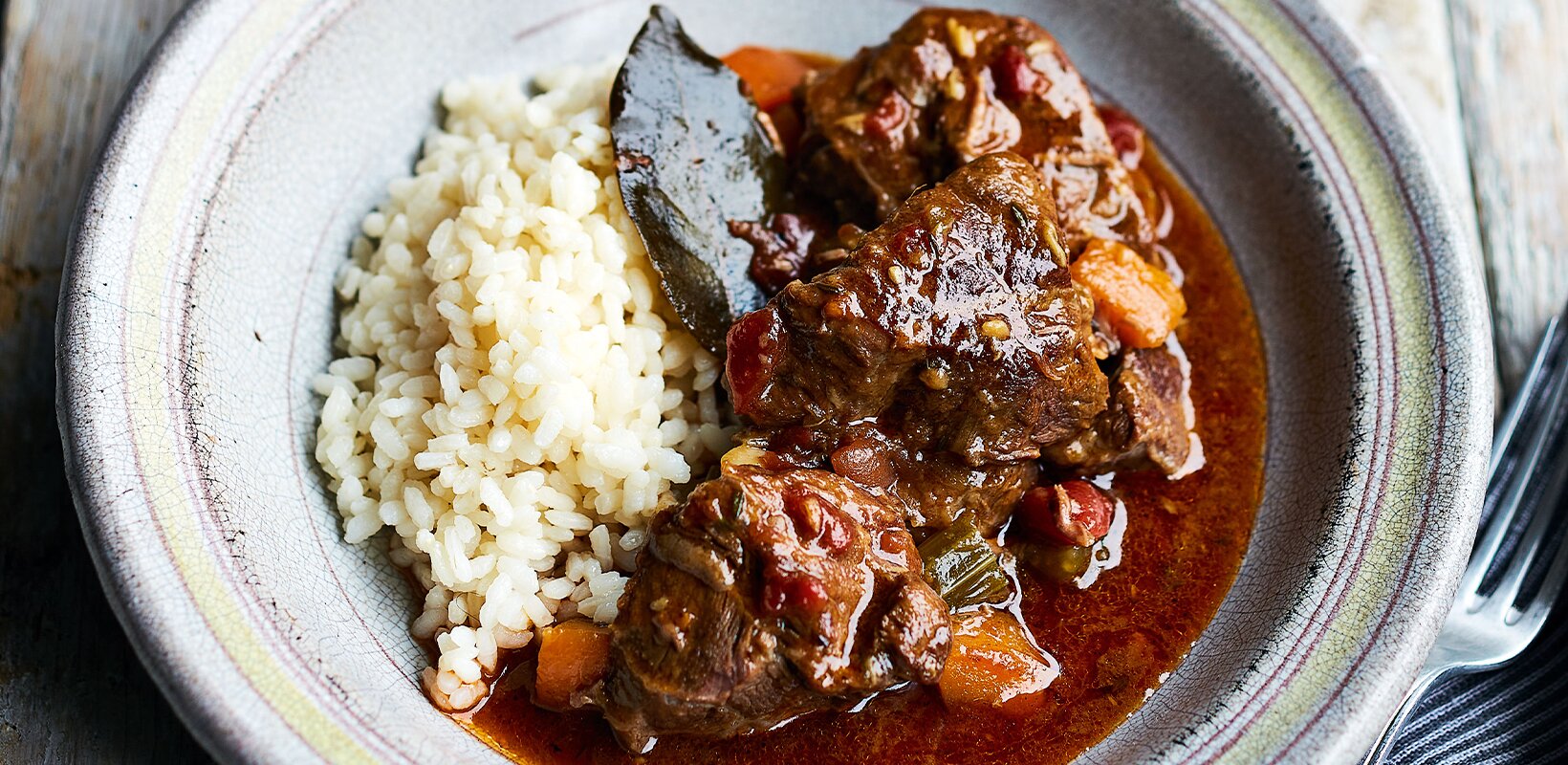How Samantha Trinder built Bingham Riverhouse into the wellness-focused hotel it is today
Samantha Trinder began her career in hospitality riddled with self-doubt, but over two decades she built the Bingham Riverhouse into a wellness-focused hotel with its own member’s club
You need to be a premium member to view this. Join our community for just £4.99 per month, or £54.99 for a full year.
Already a subscriber to The Caterer? Login below:



